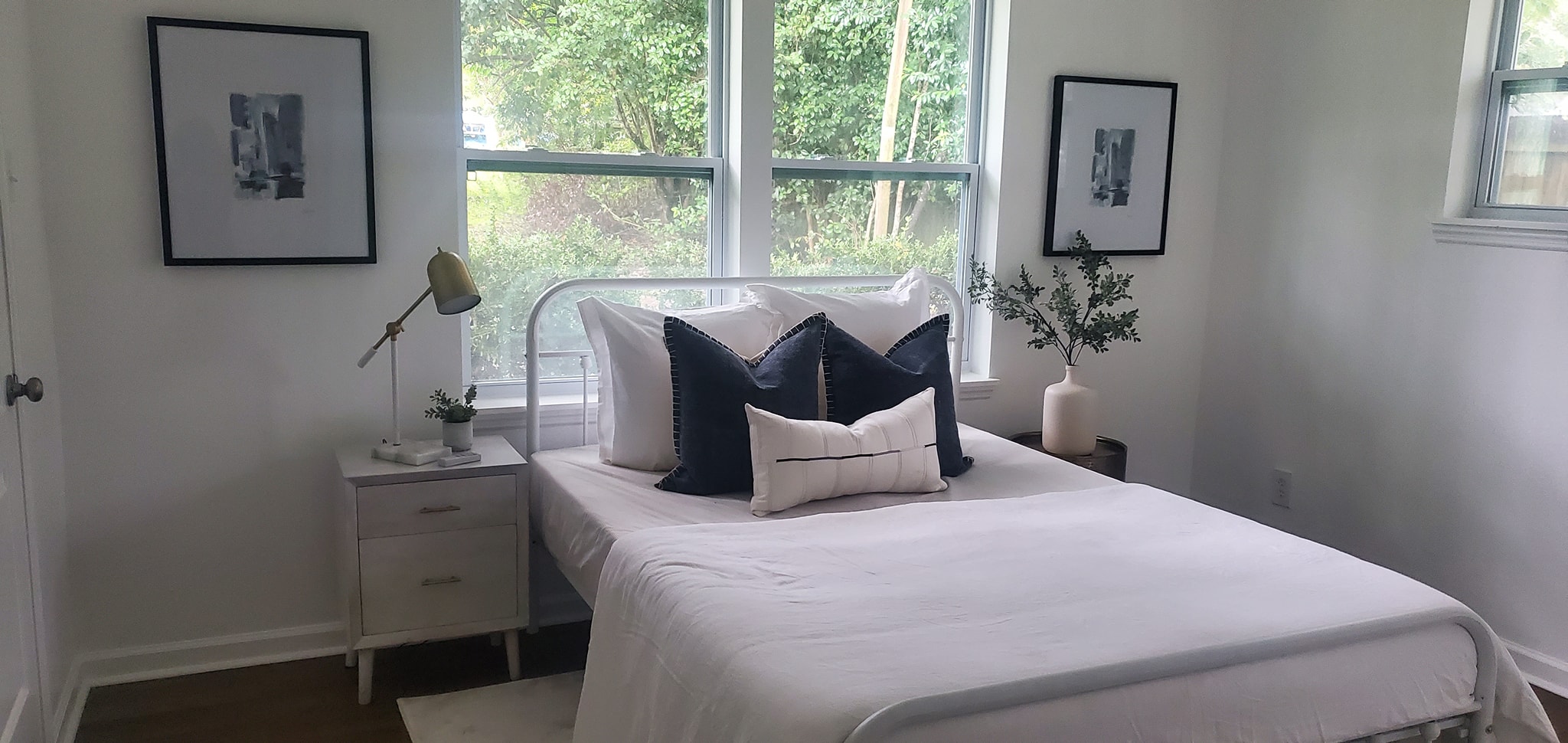
Building Tomorrow: Sustainable Construction Practices for a Greener Future Oct 28, 2025
The push for sustainable construction is not only about preserving natural resources but also ensuring that buildings are energy-efficient and environmentally friendly. This approach benefits not just the planet but also the occupants of these buildings. At Seaboard Construction & Real Estate Group, the integration of sustainability begins at the planning stage. By incorporating eco-friendly materials and energy-efficient technologies, projects are designed to minimize waste and reduce the carbon footprint.
One of the key strategies in sustainable construction is the use of green building materials. These materials are sourced from recycled or renewable resources, reducing the need for raw materials and mitigating environmental impact. For instance, bamboo is now being used extensively because of its rapid growth rate and durability. Recycled steel and reclaimed wood are also gaining popularity, offering strength and charm while contributing to resource conservation.
Energy efficiency is another critical component of sustainable construction. Homes and commercial buildings can drastically reduce energy consumption through the installation of solar panels, energy-efficient lighting systems, and smart thermostats. These innovations not only lower utility bills but also significantly decrease greenhouse gas emissions. Seaboard Construction & Real Estate Group employs cutting-edge technology to ensure that their constructions are as energy-efficient as possible, providing both environmental and economic benefits to their clients.
Water conservation is equally prioritized in sustainable construction practices. Implementing systems that collect rainwater or recycle greywater for non-potable uses can significantly reduce water usage in both residential and commercial properties. Additionally, landscaping with native plants that require less water can conserve resources without sacrificing aesthetics.
The impact of buildings extends beyond their physical footprint. Therefore, indoor environments are designed to promote health and well-being. Natural lighting, improved air quality systems, and non-toxic building materials contribute to healthier living spaces. By focusing on occupant well-being, Seaboard Construction & Real Estate Group’s sustainable practices help create buildings that are both comfortable and conducive to productivity.
In conclusion, the future of construction lies in sustainable practices. As companies like Seaboard Construction & Real Estate Group demonstrate, building a greener future is about more than just structures; it's about creating a lasting legacy of environmental stewardship. By embracing methods that reduce carbon emissions, conserve resources, and promote occupant health, the construction industry is paving the way for innovative solutions that meet the needs of today without compromising the ability of future generations to meet their own.
Ultimately, sustainable construction not only benefits the environment but also offers tangible advantages to homeowners, businesses, and communities. Investing in sustainability is investing in a future where construction and cohabitation work in harmony with the environment, securing a brighter and more sustainable tomorrow for all.
/filters:no_upscale()/media/6e999006-9268-4a15-a084-745f9a29adb8.jpeg)